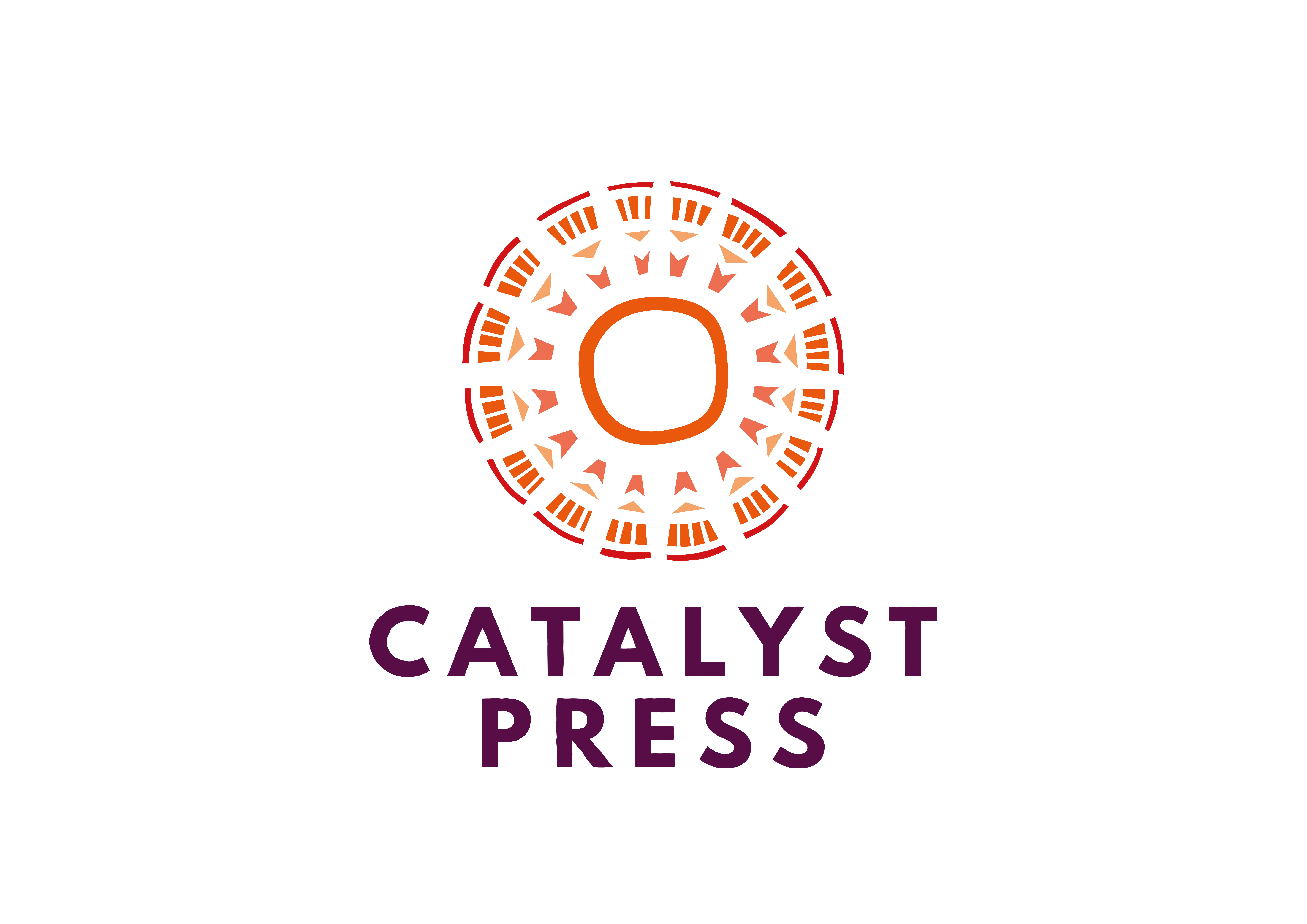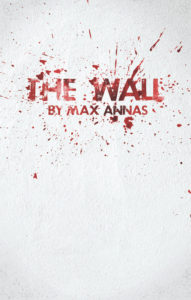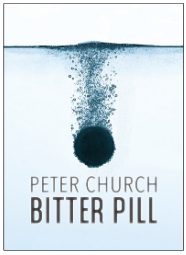The residents of The Pines, a community in East London, South Africa, put up walls and gates to protect themselves from the dangers of the outside world. But what happens when the thing that’s meant to keep people safe, becomes someone’s biggest threat? That’s the question posed in Max Annas’ upcoming release The Wall, out on May 21 (paperback, digital, and audio versions). In this taut, fast-paced thriller, Max tackles issues of race, class, exclusion, and violence, but with a light touch that makes The Wall a surprisingly humorous book. This is Max’s first book in English (and you can learn more about Rachel Hildebrandt Reynolds, the book’s translator, here).
We chatted with Max about his influences, The Wall, and the magic of seeing his book “living in another language.” Pre-order your copy of The Wall through IndieBound. This Q&A first appeared in our monthly newsletter. If you want to be the first-to-know about events, sales, and fun extras like these author Q&As, be sure to subscribe!
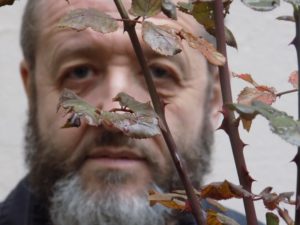
Can you tell us a bit about your background?
I grew up in a working class family and spent the first 44-and-a-half years in Cologne. Started to write and moved to journalism at 22, and left my social work career (which only had begun in my imagination). I covered a lot of municipal politics for the local magazine Stadtrevue, and became an editor.
After a couple of years, I left the magazine and worked as a freelancer. My focus became the cultural output of our neighboring continent, Africa. Writing on African cinema, curating African cinema, writing on African popular music too, doing tv pieces on musicians and bands who started touring in Germany and France. At the same time, I wrote some books on food production, French theory, soccer, and African cinema, of course. I left journalism when I went to South Africa in 2008.
What drew you to crime fiction?
Nothing conscious. I discovered that, more and more, I read genre and also watched it. So when I started writing while living in South Africa it was somehow inevitable that the result was genre literature. But there was no impulse to be a genre writer, more just to write fiction.
Many of your novels are set in South Africa. What brought you to South Africa and why are you drawn to that region as a setting?
Looking at and learning about and from South Africa has a long history in my biography, but it was only in 2008 that I moved south—for personal reasons, actually. But the fight against Apartheid and the music that developed in South Africa and the South African diaspora was essential for my understanding of the world when I was in my early twenties. The music of the Blue Notes, a South African jazz band that went through many transformations—one of which was The Brotherhood of Breath in London—was as important to me as political manifestos and books.
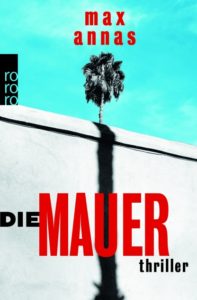
This is your first book to be translated into English. Can you talk a bit about the process of working with a translator?
From the first line, it was me being stunned that the book became something that is living in another language. I have spent some time in a so-called anglophone country, so I do speak and read English. And I have written quite a few things in English—journalistic, academic—but I am not capable of writing fiction in any other language than German. So it was absolutely fascinating to me to see the book develop from a sample to completion. From time to time Rachel and I were discussing a bit on vocabulary, on style, or on the verbs to carry dialogue (and according to Elmore Leonard’s “rule” of writing: Never use a verb other than “said” to carry dialogue.)
The Wall is a thriller that also deals with important social issues. Do you generally like your work to touch on those elements?
Thrillers are nothing new. From classic fairy tales to Hitchcock’s films, the term covers a lot of formats and narrative experiences. A thriller—to me—is an invitation to write on the conflicts you are confronted with looking at, or living in, a society. So… yes, it’s about your own perception of people and places. And putting Moses inside the gated community, The Pines, is a conscious decision of the author who knows, or has at least a presentiment, what it will lead to.
How do you go about crafting a story?
It differs, and it develops. But what I like very much is to have a setting and a couple of characters and then to explore—together with the characters—what could happen in that specific environment. I used to work like that when I was writing the South African novels. But at the moment I am writing what is, on the surface, a Whodunit, and I have to do much more classical plotting than I did before, which is an interesting experience.
Who are some writers you admire?
Stuart Kaminsky for his opening chapters. Dominique Manotti for the optimism she still has in the French police force. Michael Connelly for his stamina developing the Bosch character over decades. Josephine Tey for rewriting British history. Cornell Woolrich for his understanding of the story. Denise Mina for her Paddy Meehan trilogy. And Dashiell Hammett for Red Harvest.
What advice would you give to aspiring writers?
Write every day. Read as many books as you can. Watch as many films as you can—and tv series too.
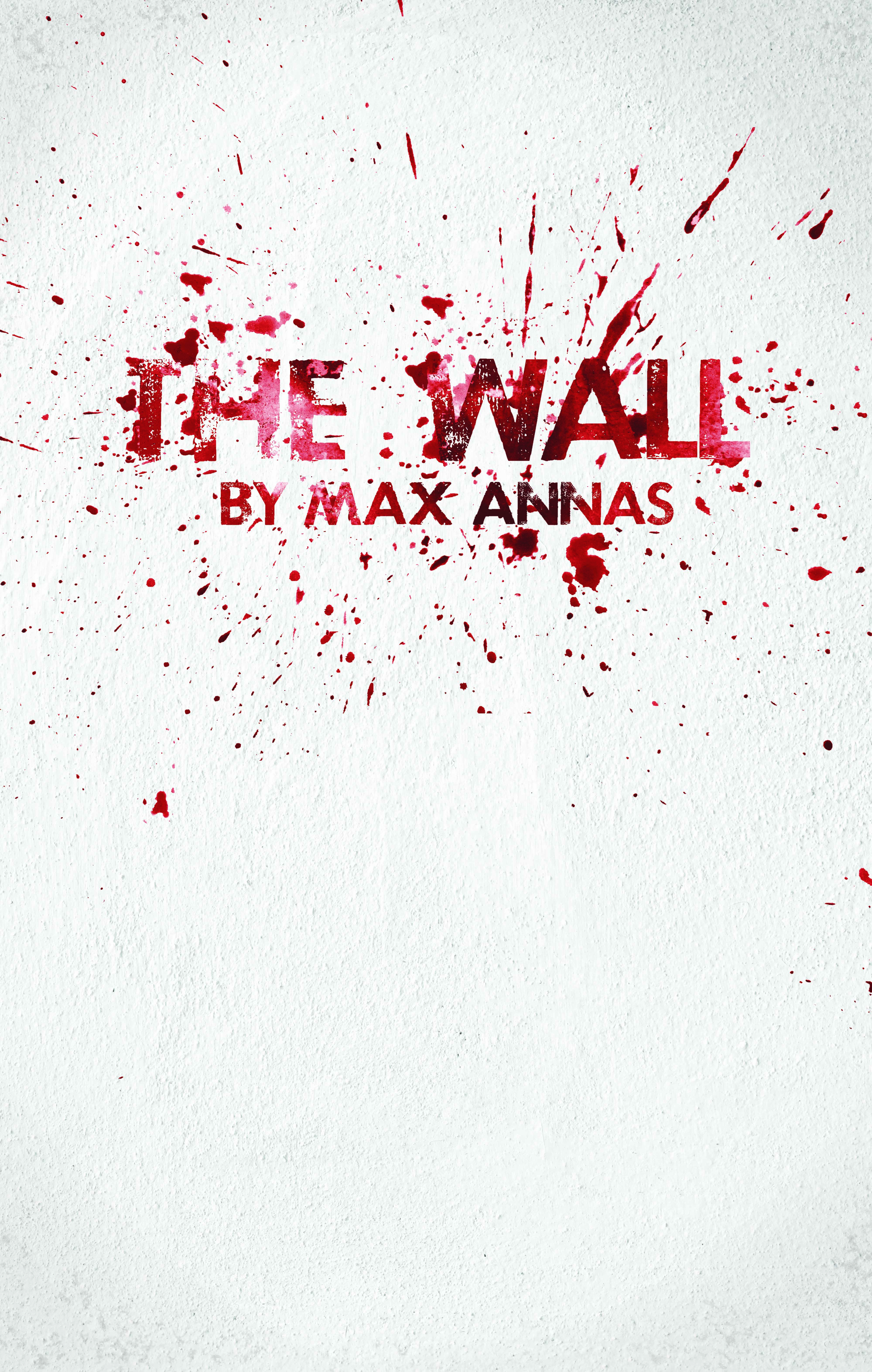
What are you hoping US readers will take away from The Wall?
A good and gripping story. Some interesting perspectives on South Africa. And of course wanting to read another one of my books.
What are you working on next?
In July, my first book on a homicide division in the former German Democratic Republic will be out. It is set in 1983, a police thriller on the surface, but also a look at police work that is being seriously destroyed by politics. It is the start of a series set in the GDR, just before the years of what is called the re-unification in Germany.
